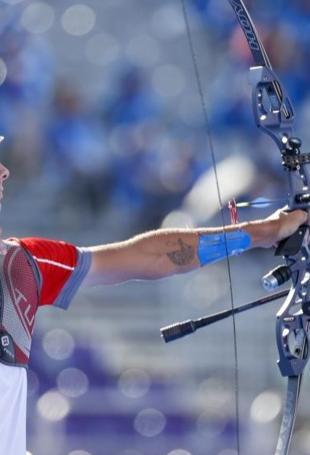Laws alone will not protect women
Turkish lawmakers unanimously passed a bill last week which aims to curb violence against women. In the meantime, the police have been empowered to intervene urgently and without a court order in the event of life-threatening incidents. Other measures under the new law include such things as electronic leg clamps to follow suspects around the clock and ensure they maintain a safe distance from their potential victims.
All of this sounds great on paper, but will it really protect Turkish women who are brutalized with impunity by their spouses, partners, fathers or brothers? The answer is that it is unlikely to do this because the problem of violence against women in Turkey in not merely a “judicial” matter or “police enforcement” issue.
As matters stand, the penal code already has enough stipulations that can be used to mete out meaningful punishments which would deter potential perpetrators. The problem is that the male-dominated judiciary and police have rarely displayed the necessary will in the past for this to happen.
More often than not, the law has been bent in favor of men and against the women they have brutalized. Men who kill their spouses, partners, sisters or daughters due to primitive notions of “honor” even receive a certain respect for their deeds. How the will is to be found in order to ensure that all this changes so that the new law has any real meaning remains a mystery.
The chances are that the media will continue to report on a daily basis the horrible crimes perpetrated against women in Turkey regardless of the new law. Looking from the perspective of a social psychologist, it is clear that the main obstacle in Turkey to meaningful legal protection for women is the mix of a male-dominated and essentially chauvinistic outlook and religious perceptions about the place of women in society.
There are even sayings in Turkey which underscore this primitive outlook such as, “He who does not beat his daughter will end up beating his knees in regret.” Neither should it be thought that this understanding is restricted to socially and economically backwards elements of society.
Violence against Turkish woman respects no class barriers and can be found in all walks of life, from the poorest to the richest. The notion that if the woman is being beaten then she must have done something to deserve it is widespread. Even in open and potentially deadly cases of violence the sentiment works to the advantage of the man.
A number of years ago a man was caught on camera in Adana randomly stabbing his wife while a group of policemen around him were trying to persuade him to release her. The more they tried the more he stabbed her. This was a blatantly life-threatening incident since the woman had already been stabbed around five times in various part of her body.
That man should have been neutralized instantly in order to save the woman’s life. Instead the police continued to negotiate and try and reason with him – as he continued to stab his wife – until he was eventually talked into giving up his knife. Miraculously, the women survived even though she had been stabbed no less than 15 times.
The whole effort in this ugly incident aired countless times on television was to save the man and not the woman. Otherwise he would have been shot, not necessarily fatally – even though that too would have been justified in that particular case – but in a way that would have made him stop stabbing the unfortunate woman.
It’s all very well to change the law. But until the understanding displayed by the police during that incident in Adana, which has since been replicated dozens of times and continues today in different shapes and forms, is somehow overcome, nothing much will change in terms of the sad plight of women in this country.











